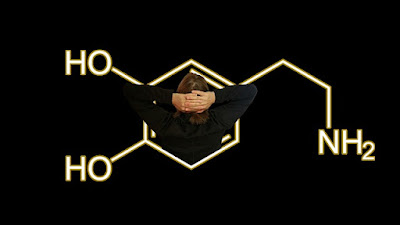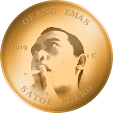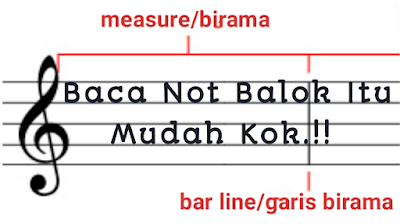The Reason How Sugar Affect Your Brain
Sugar Affect Your Brain - Picture warm, gooey cookies, crunchy sweets, velvety cakes, waffle cones piled high with ice cream. Is your mouth watering? Are you yearning dessert? Why? What occurs in the mind that makes sugary ingredients so difficult to resist? Sugar is a wellknown time period used to explain a class of molecules referred to as carbohydrates, and it is observed in a huge style of food and drinks.
Simply check the labels on sweet merchandise you buy. Glucose, fructose, sucrose, maltose, lactose, dextrose, and starch are all varieties of sugar. So are high-fructose corn syrup, fruit juice, uncooked sugar, and honey. And sugar isn't simply in goodies and cakes, it's also added to tomato sauce, yogurt, dried fruit, flavored waters, or granola bars. Considering that sugar is everywhere, it's important to understand how it influences the mind. What happens when sugar hits your tongue? And does consuming a little bit of sugar make you crave extra? You are taking a bite of cereal.
The Sugars
 |
| source:pixabay.com |
The sugars it consists of prompt the candy-flavor receptors, part of the taste buds on the tongue. Those receptors ship a sign up to the mind stem, and from there, it forks off into many areas of the forebrain, one among that is the cerebral cortex. Unique sections of the cerebral cortex method one-of-a-kind tastes: bitter, salty, umami, and, in our case, candy. From right here, the signal turns on the mind's praise machine.
This reward gadget is a series of electrical and chemical pathways throughout numerous exceptional areas of the brain. It's a complicated network, however it enables solution a single, unconscious query: should i do that again? That heat, fuzzy feeling you get when you taste grandma's chocolate cake? It truly is your reward device announcing, "mmm, yes!" and it's no longer just activated by way of meals.
Socializing, sexual conduct, and pills are just a few examples of things and experiences that still activate the reward gadget. However over activating this reward system kickstarts a sequence of unlucky occasions: lack of manipulate, craving, and increased tolerance to sugar. Permit's get again to our chew of cereal. It travels down into your stomach and in the end into your intestine. And wager what?
Sugar Receptor
Dopamine
 |
| source:pixabay.com |
Sugar also reasons dopamine to be released, though no longer as violently as pills. And sugar is rare among dopamine-inducing ingredients. Broccoli, as an example, has no impact, which possibly explains why it's so difficult to get kids to consume their veggies. Talking of healthful foods, shall we say you are hungry and decide to eat a balanced meal. You do, and dopamine ranges spike inside the reward machine warm spots.
But if you devour that identical dish many days in a row, dopamine degrees will spike less and less, subsequently leveling out. It really is because in relation to meals, the mind developed to pay unique interest to new or unique tastes. Why? Two motives: first, to come across meals it truly is gone horrific. And second, because the extra variety we've got in our diet, the much more likely we are to get all of the nutrients we want.
To keep that range up, we need so that it will recognize a new food, and greater importantly, we want to want to keep consuming new foods. And that is why the dopamine degrees off when a meals will become uninteresting.
Now, returned to that meal. What happens if in region of the healthful, balanced dish, you consume sugar-wealthy food as a substitute? In case you hardly ever consume sugar or do not devour a whole lot at a time, the impact is similar to that of the balanced meal. However in case you eat too much, the dopamine response does now not level out. In other words, ingesting masses of sugar will retain to feel profitable.
In this manner, sugar behaves a little bit like a drug. It is one reason human beings seem to be hooked on sugary ingredients. So, suppose returned to all the ones special forms of sugar.







.png)